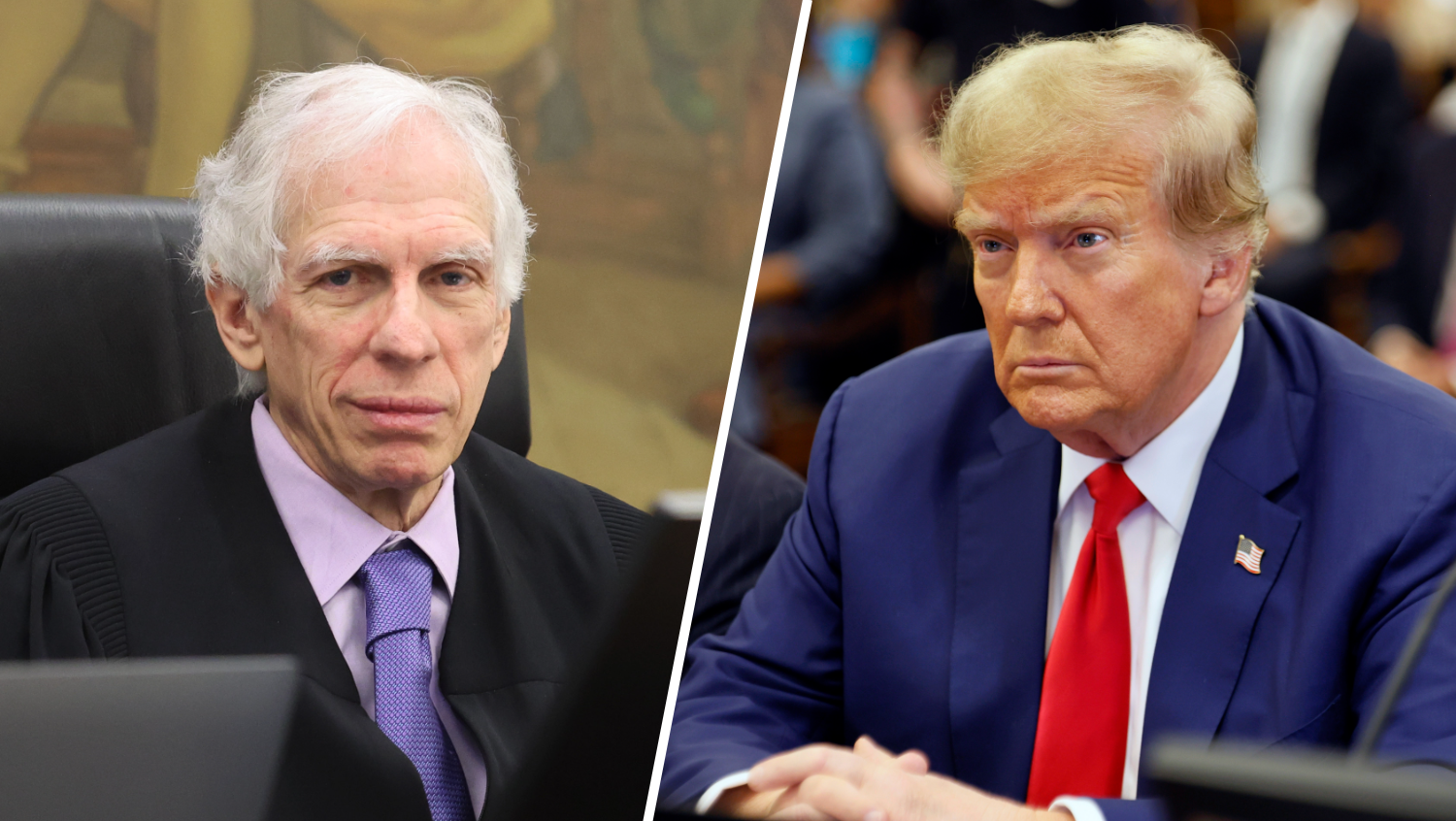The fallout from the trial against former President Donald Trump for civil fraud continues to reverberate, as Judge Arthur Engoron finds himself embroiled in controversy over allegations of receiving unsolicited advice from a prominent New York real estate attorney.
Judge Engoron, who presided over the high-profile case that saw Trump, his sons, and the Trump Organization found guilty of falsely inflating assets, is now the subject of an investigation by the New York State Commission on Judicial Conduct.
Trump’s fraud trial judge faces probe after hotshot attorney claims he tried to advise him in $454m casehttps://t.co/ftWzlP0Jw4
— The Independent (@Independent) May 11, 2024
The crux of the matter lies in revelations that real estate attorney Adam Leitman Bailey admitted to offering unsolicited advice to Judge Engoron just three weeks before the final verdict was delivered. Such communications are strictly prohibited by legal ethics standards, raising questions about the impartiality of the judicial process.
While Bailey maintains that his interaction with Judge Engoron was within the bounds of permissible conduct, legal experts and observers remain divided on the issue. The New York State Rules of Judicial Conduct explicitly prohibit judges from entertaining ex parte communications or seeking advice outside the purview of legal proceedings.
However, there exists a narrow exception that allows judges to seek the counsel of neutral experts, provided that parties are duly notified and afforded an opportunity to respond. Whether Judge Engoron’s interaction with Bailey falls within this exception remains a point of contention.
In response to mounting scrutiny, a spokesman for Judge Engoron asserted that the final decision rendered on February 16 was the judge’s sole prerogative and remained uninfluenced by external factors. Nevertheless, the specter of outside influence casts a shadow over the integrity of the judicial process.
As the investigation unfolds, the legal community grapples with questions of ethics and accountability, underscoring the delicate balance between judicial independence and adherence to established norms of conduct.

